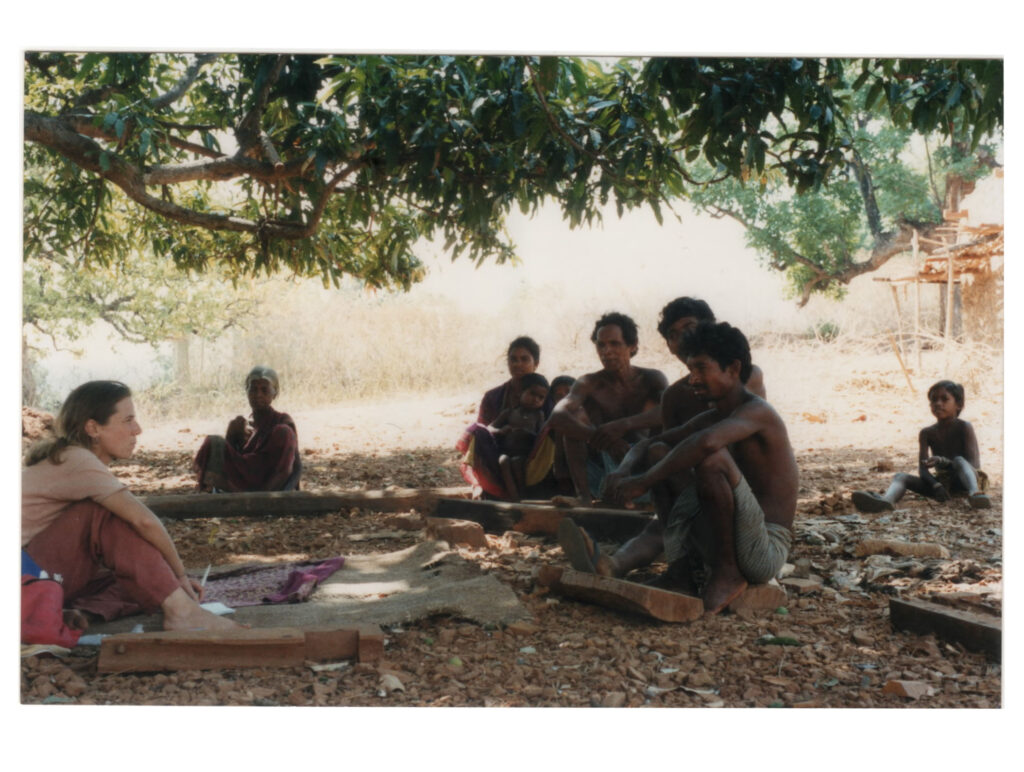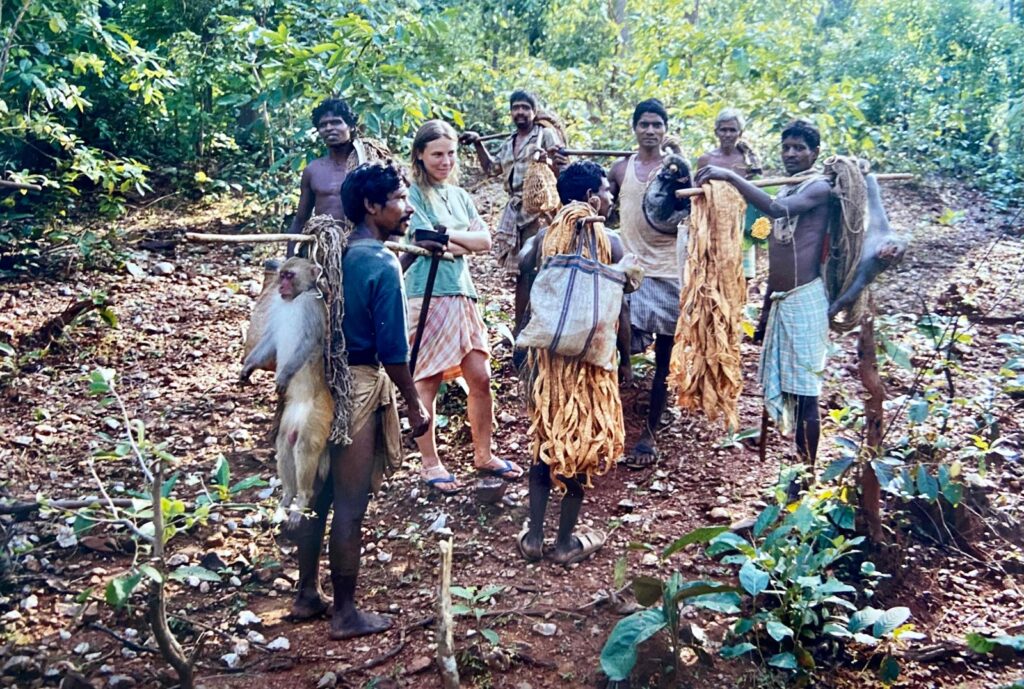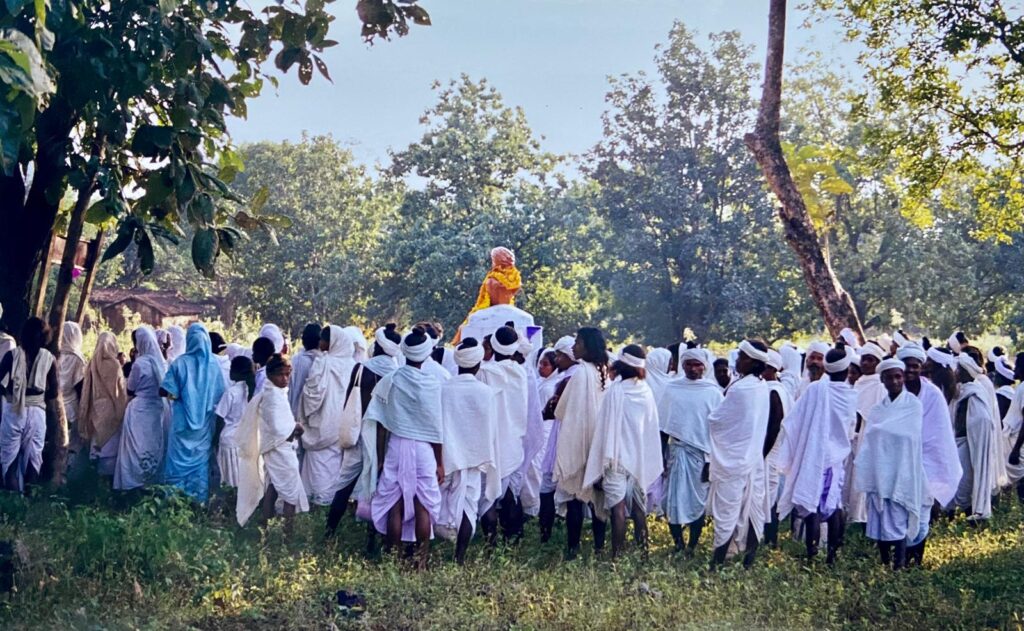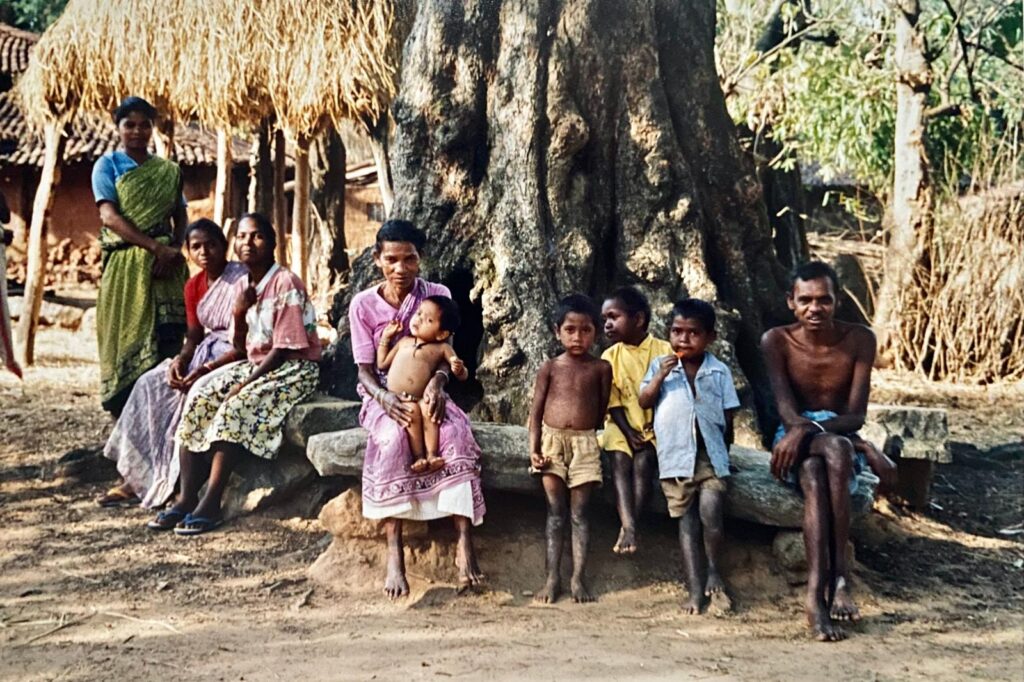
Johar!
Welcome to Adivasi Fieldnotes, your comprehensive resource to access original field notes and other data from my extensive ethnographic, anthropological and historical research in Jharkhand, India.
Here, you’ll find meticulously documented journals and diaries, household surveys, in-depth interviews, pictures, original video and audio material, and other primary sources that I have collected and recorded primarily during my extensive fieldwork in two forested villages in Sonua Block, West Singhbhum district, Jharkhand, India, living among Ho and Mundari-speaking communities from August 1998 to December 1999. Additionally, the website provides access to my complete body of research and other published and unpublished works that are often elusive in libraries and archives, written by scholars, activists, government officers, missionaries, and others.
Whether you are a researcher or a curious mind, Adivasi Fieldnotes aims to be your go-to platform for first-hand data that you may use to complement or challenge your findings, and ultimately to make better sense of your own insights. To this end, these data are intended only for research purposes. Commercial use of the data is not allowed (T&C).
At the same time, we need to ensure the privacy of my informants. Therefore, the names of villages and people have been hidden and will be provided only on a one-to-one basis <read more>. This website also aspires to serve as a dynamic platform for aggregating and sharing original field notes, and other ethnographic, historical, and archival data collected by anthropologists and other social scientists. Our goal is to make these valuable resources readily available to the research community. There are only a handful of archives/repositories of ethnographic and anthropological data out there, without a focus on the Adivasis of India: SOAS Digital Collections, UMD-COPAR, Anthroregistry, UNT – Library.
If you have conducted ethnographic fieldwork among Adivasis in India and are thinking of making your data available to future researchers or the next generations of Adivasis through this website, please contact us. Let’s put our data together to advance adivasi scholarship! To begin, here are some links to like-minded scholars who have generously made their work accessible online like Michael Yorke and Paul Streumer.
– Barbara Verardo
My Research Work

PhD Thesis (2003)
Rebels and devotees of Jharkhand: Social, religious and political transformations among the Adivasis of northern India.
The study investigates two phenomena among the Ho and Munda tribal groups in Jharkhand: the emergence of a new ‘caste’ through a Hindu reformist movement and the revival of tribal essence and ancestral practices as a mode of resistance to it – especially by women. It explores ‘de-Sanskritisation,’ highlighting how ‘rebels’ legitimize social status through territorial precedence and local spirit mediation rather than through the adoption of Hindu codes of behaviour.

MSc Thesis (1996)
A purified past in a post-apocalyptical Here and Now: Performing myth in history. A comparative study of tribals’ movements in Chota Nagpur and Santhal Parganas, India.
This thesis, based on secondary sources, explores why the “Birsa Ulgulan” of 1899-1900 became a millennial phenomenon unlike other 19th-century insurrections among the Hos, Mundas, and Santhals. It examines the roles of Lutheran and Christian missions, the British government, and the revolutionary, mythological aspects of the Ulgulan.

BA Thesis (1995)
The Munda-Horoko: processes of acculturation and involution of a tribal group in the Chota Nagpur area, India.
This research is founded on brief fieldwork, extensive archival research, and rare, unpublished primary sources gathered through meetings and correspondence with key informants. The investigation is historical, anthropological, and institutional in nature. It includes an in-depth analysis of the ancestral religious and cultural systems and perceived “traditional” socio-political institutions of the Mundas of Chota Nagpur; and key social, religious, cultural, and political changes resulting from interactions with Christian missionaries, Hindu rajahs, and other cultures, over the centuries. This thesis has received numerous awards.